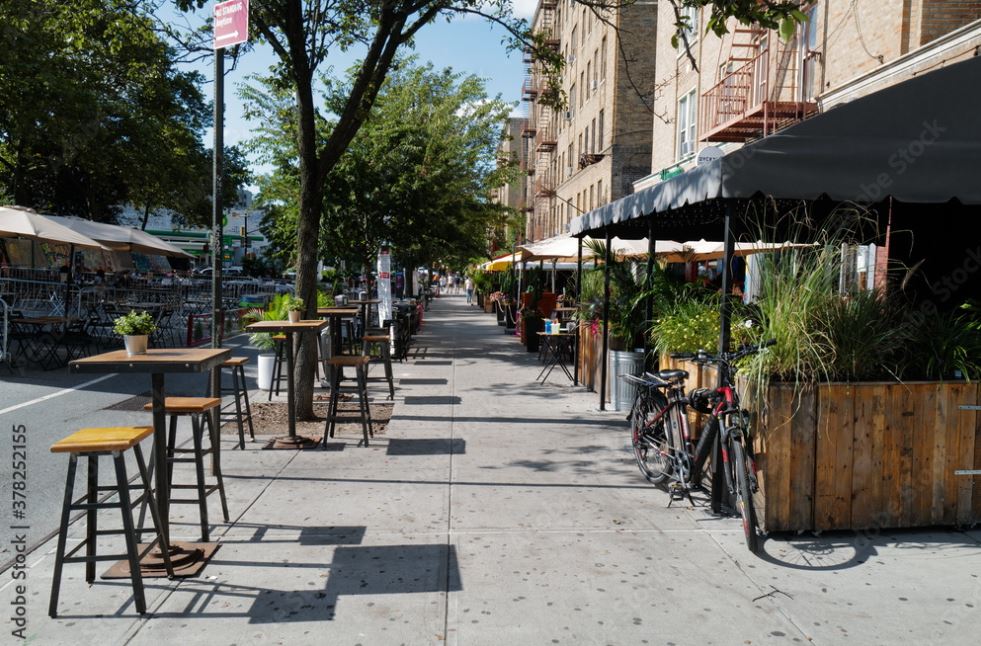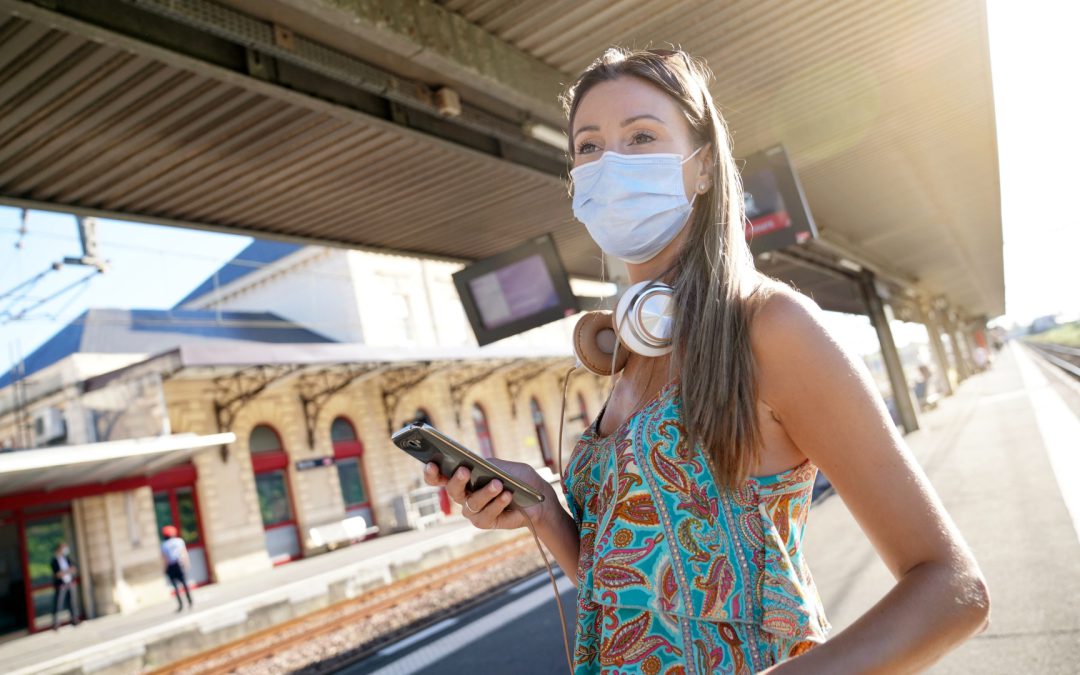The COVID-19 pandemic has resulted in major changes in how people work and travel. Research by Robert Noland and Wenwen Zhang suggests that some of these changes are likely to endure.


The COVID-19 pandemic has resulted in major changes in how people work and travel. Research by Robert Noland and Wenwen Zhang suggests that some of these changes are likely to endure.

May 12, 2021, 9:15 – 10:30 AM
Virtual
North Jersey Partners (NJP), in partnership with the Employers Association of New Jersey (EANJ), commissioned research from Rutgers-VTC to better...
Join us on Tuesday, January 26 at 4-5:30 p.m. for this virtual presentation at the upcoming 100th Annual Meeting of the Transportation Research Board.
Access to quality, reliable transportation has a major impact on one’s life. During the COVID-19 pandemic, this disparity has been even more apparent as those living in high-risk areas have suffered more health impacts from the virus. Solutions related to more reliable transportation options and increased density may lead to greater health equity outcomes.
This year has looked and felt different for all of us. At NJTIP, we have really missed riding buses and trains and showing our clients how to use...

On September 29, the Bloustein School’s Alan M. Voorhees Transportation Center at Rutgers University convened a full-day virtual symposium to share information and gather input from sector leaders regarding COVID-19 responses and thoughts on what to expect from the post pandemic world.
With funding from the Bloustein Healthy Communities initiative, VTC is studying the effects of COVID-19 on transportation. Our survey will collect data in New Jersey on changes in travel activity, working from home, and attitudes towards walking and street closures.
Induced travel elasticities associated with new road capacity are typically estimated for roads of higher functional classifications, such as interstate freeways and principal arterials. These are estimated as “own” elasticities, that is an increase in lane kilometers...
There is a growing perception that e-scooters are more dangerous than bicycles and e-bikes, with towns implementing measures to ban their usage. Yet, there is not much evidence from large scale surveys to substantiate this claim. Nearly 14,000 micromobility injuries...
We compare charging station accessibility for different income groups in the San Francisco Bay Area. Using a microsimulation model, we estimate charging station accessibility under varying battery range scenarios, assuming different income groups have vehicles with...
The New Jersey Micromobility Guide serves as a resource for micromobility users across the state, collecting and summarizing the laws and safety best practices that can make riders safer. Micromobility, which includes e-bikes, e-scooters, and other low-speed devices,...